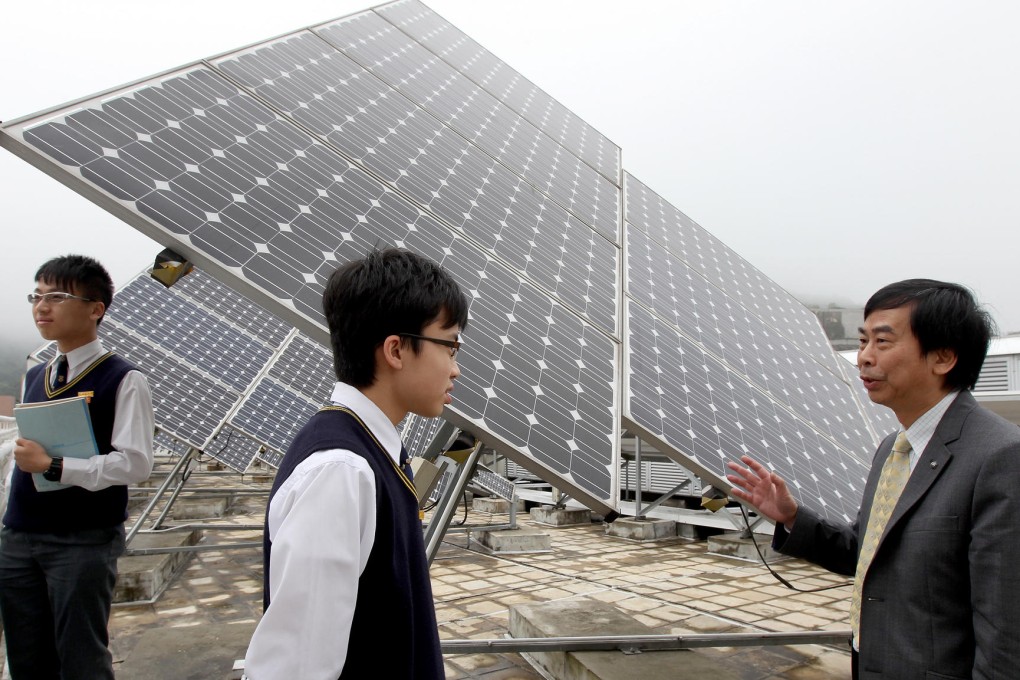Why Hong Kong should be China's green-energy leader, and what we can do
Hong Kong should be leading China's charge towards green-energy future, but to do so the city must be put on a more sustainable path

After another year of extreme weather, it is clear governments around the world need to redouble efforts to promote greener energy, if we are to slow down the steady accumulation of environmental damage.

The government loves huge infrastructure projects but shows little interest in managing the demand side of the equation.
According to solar energy experts, reducing consumption is the only way alternative energy can be made a viable solution for Hong Kong. Solar energy is one of the best forms of sustainable energy. It can be collected at the point of use, meaning there are no transmission costs. And of course it is renewable; as long as the sun shines, there will always be solar power.
With our abundant sunshine, Hong Kong should be leading the way on solar energy. Our city is small, densely populated and energy intensive. Most of us live in high-rise apartments so we do not have enough space on our roofs to generate the amount of solar power we need. If we lived in single-storey houses we would generate a lot more.
At present we can supply only 10 per cent of our electricity needs with solar power. But that is still a good start, and it could become 20 per cent if we cut our power consumption in half, which could be done in a number of ways.